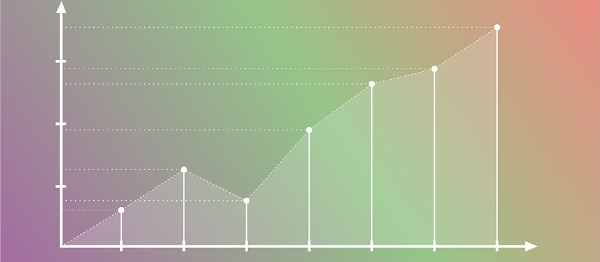Document Type
Article
Publication Date
11-26-2020
Publication Title
Stat
Issue
e332
Abstract
The advancement of scientific knowledge increasingly depends on ensuring that data-driven research is reproducible: that two people with the same data obtain the same results. However, while the necessity of reproducibility is clear, there are significant behavioral and technical challenges that impede its widespread implementation and no clear consensus on standards of what constitutes reproducibility in published research. We present fertile, an R package that focuses on a series of common mistakes programmers make while conducting data science projects in R, primarily through the RStudio integrated development environment. fertile operates in two modes: proactively, to prevent reproducibility mistakes from happening in the first place, and retroactively, analyzing code that is already written for potential problems. Furthermore, fertile is designed to educate users on why their mistakes are problematic and how to fix them.
Recommended Citation
Bertin, Audrey M. and Baumer, Benjamin, "Creating Optimal Conditions for Reproducible Data Analysis in R with ‘Fertile’" (2020). Statistical and Data Sciences: Faculty Publications, Smith College, Northampton, MA.
https://scholarworks.smith.edu/sds_facpubs/31
Digital Object Identifier (DOI)
doi.org/10.1002/sta4.332
Rights
© 2021 John Wiley & Sons, Ltd
Version
Version of Record
Included in
Data Science Commons, Other Computer Sciences Commons, Statistics and Probability Commons


